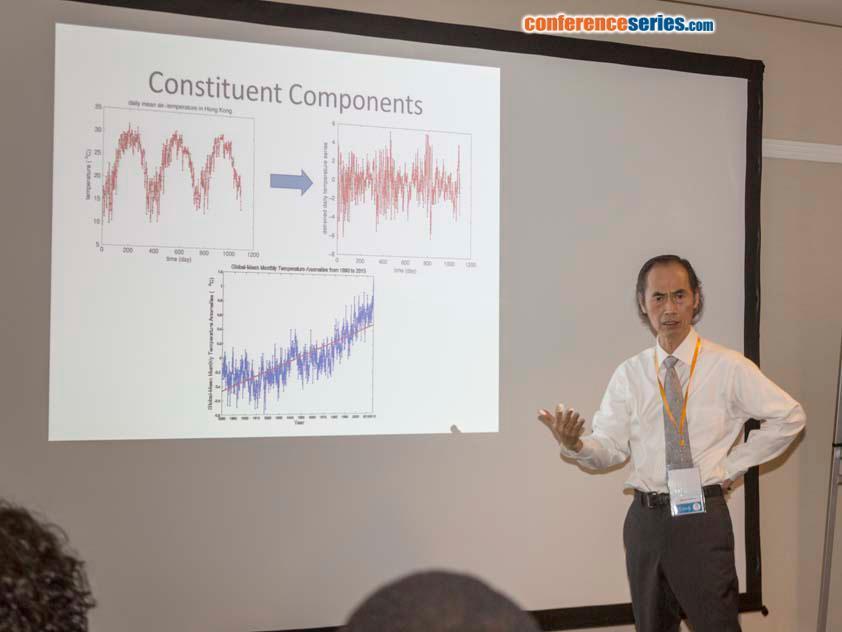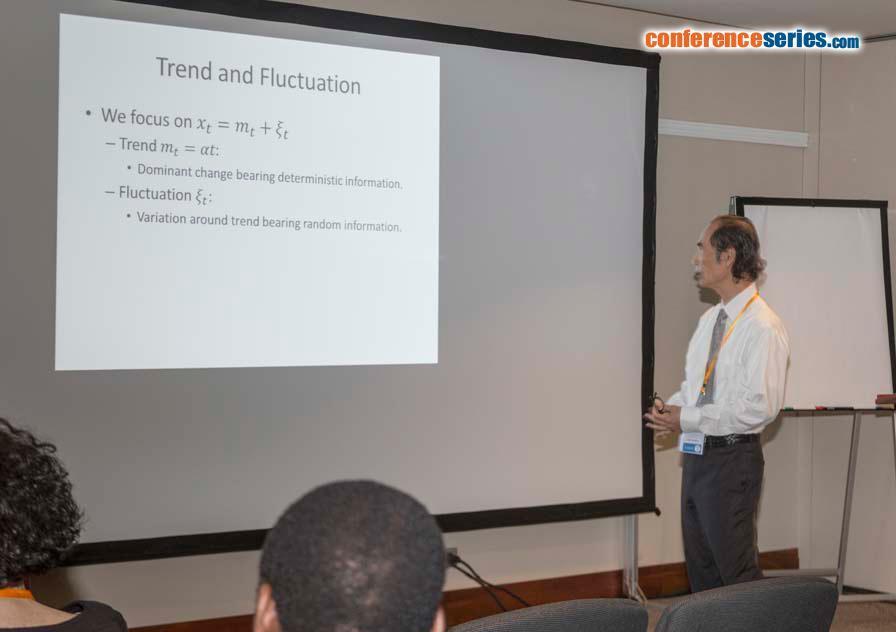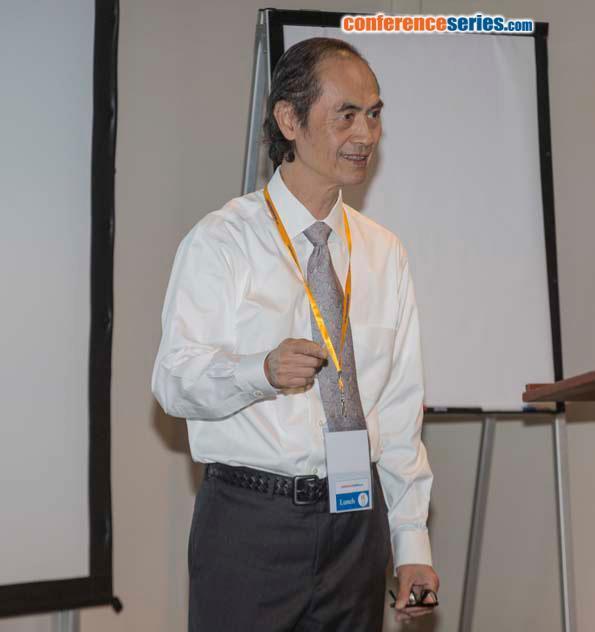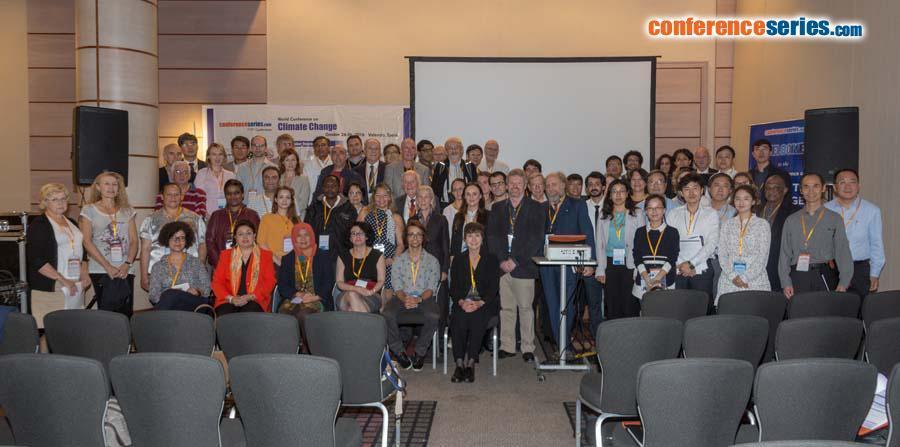
Yee Leung
The Chinese University of Hong Kong, Hong Kong
Title: Uncertainty on the Global-Warming trend under long-range correlation
Biography
Biography: Yee Leung
Abstract
Though it is commonly believed that we are on a global-warming trend, uncertainty about the trend still needs to be examined, particularly from the perspective of long-range correlation. In this study, we analyze the effect of long-range correlation in the detection of a significant trend of global warming. We employed the land-surface air temperature anomalies data to obtain the global-mean monthly means, 1880-2015. The estimated trend α Ì‚is 0.71oC/ 100 years. If no auto-correlation is considered in the trend analysis, its 95% confidence interval is [0.68 0.73]. Then we examine if there is any auto-correlation in the global-mean monthly temperature anomalies. Detrended fluctuation analysis (DFA) is employed to detect the possible long-range correlation because the external influence like the linear trend can be removed by DFA. The Hurst exponent estimated by DFA is 0.88, other than 0.50, indicative of long-range correlation. Thus, the effect of long-range correlation has to be considered. Our Null hypothesis is that there is no linear trend, i.e., α=0. Then we calculate the probability density function of estimated trend α Ì‚, p(α Ì‚), to see if the obtained value of 0.71 falls in the 95% confidence interval or not. If yes, then no significant trend can be detected. Our analysis result shows that thoughthe variance of p(α Ì‚) is inflated by 8.5 times by the effect of long-range correlation, the trend of temperature increase is still significant under long-range correlation.





